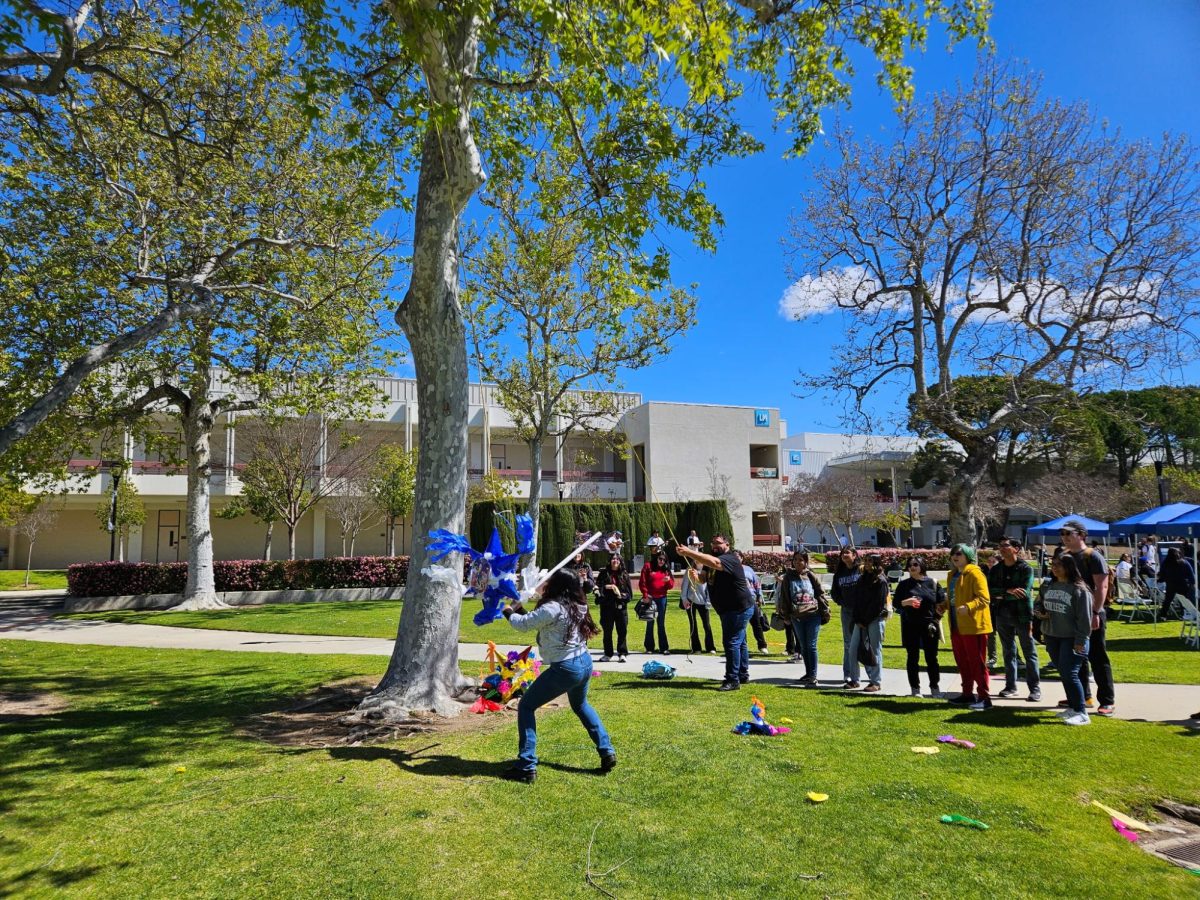Ashmeet Singh, a third year student, explained the history of Sikhism and Sikh culture in the United States during a presentation for Multicultural Day.
Sikhism is a religion that originated in northern India about 500 years ago. There are over 250,000 Sikhs in the United States. They are often misrepresented in the media and have been the target of hate crimes, especially following terrorist attacks like 9/11, according to Ashmeet Singh, who is Sikh.
“Sikhism is a young religion,” Singh said. “I want to make people more aware to prevent hate crimes and discrimination.”
Guru Nanak founded Sikhism in the late 15th century in Punjab, an area which then encompassed what is now northwestern India and northeastern Pakistan. It was built on the values of equality for all, regardless of religion, race or class, according to Singh.
“It was the first religion that gave women equal rights,” Singh said.
Sikhs began to immigrate to the United States in beginning of the 20th century. They practiced farming primarily in California and immediately began to make an impact, including helping construct a 700 mile road from Oakland to Salt Lake City.
Today, Sikhs are spread throughout the United States in a variety of occupations, from landowners in California to entertainers and singers. Singh cited Preet Bharara, an attorney who has prosecuted nearly 100 Wall Street Executives, Ajay Banga, president and CEO of MasterCard and Jay Sean, a popular singer, as examples of Sikhs in modern society.
Students who attended the lecture felt they learned something new.
“I got a lot of knowledge about the history and politics [of Sikhism],” said Junaid Badshah, a Business Management major. “I learned a lot and am glad I attended.”
Ultimately, Singh believes that Sikhism is about equality and caring for others.
“We are humans, and we want to make humanity proud,” Singh said.







